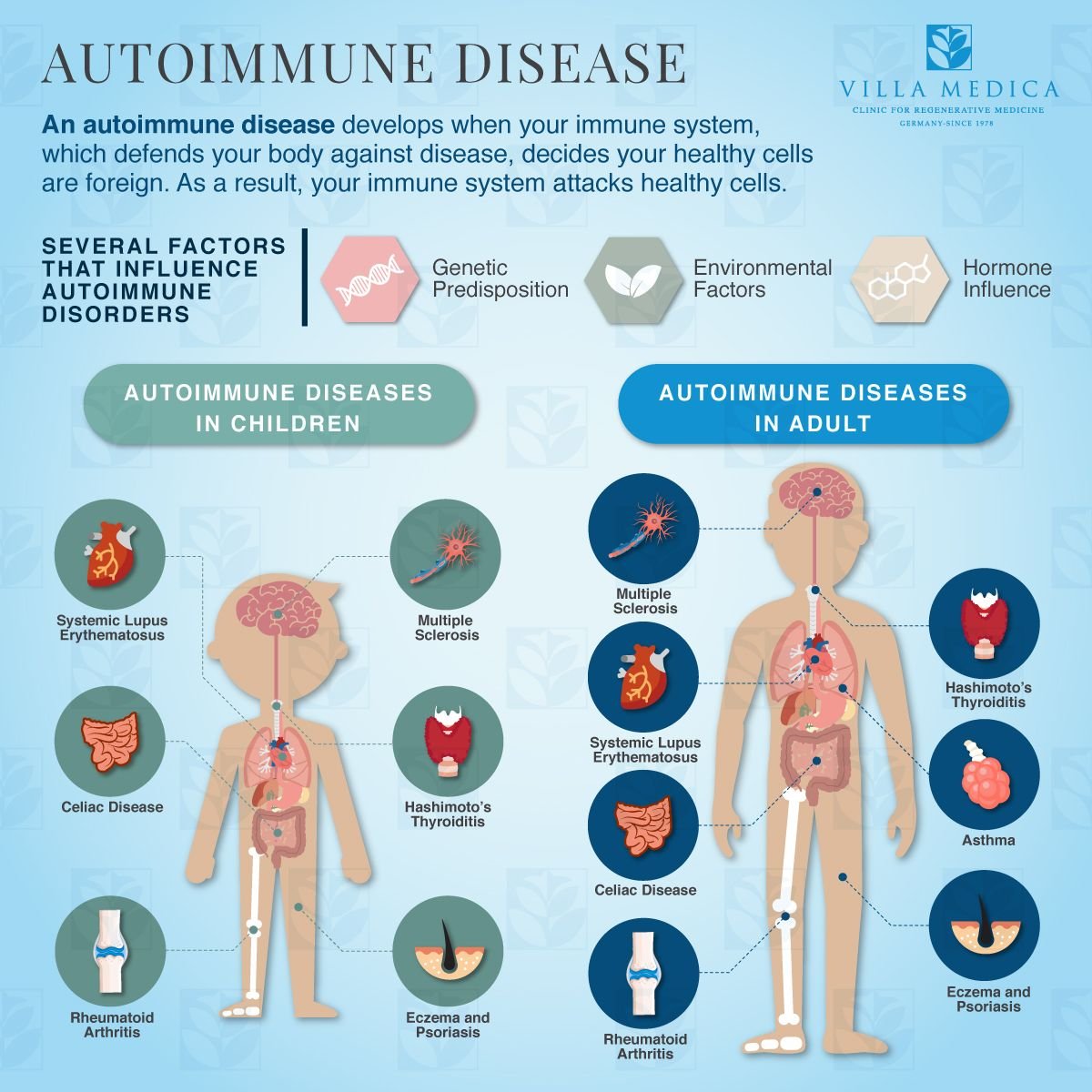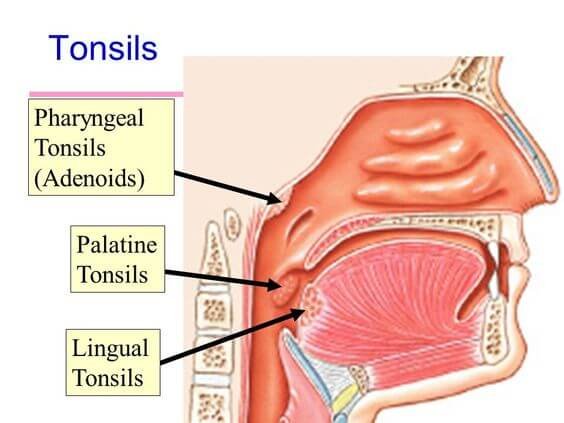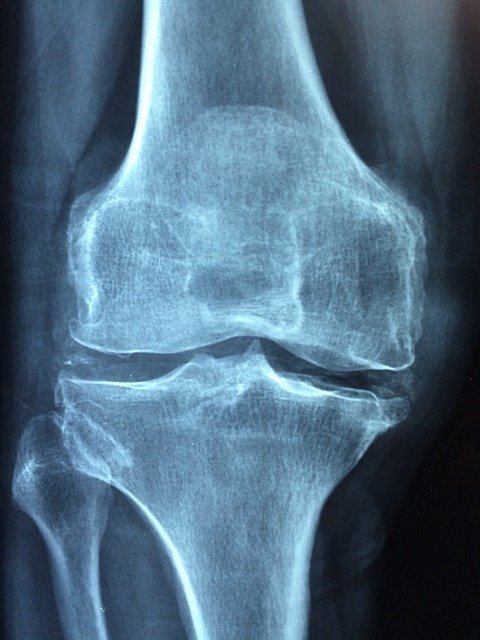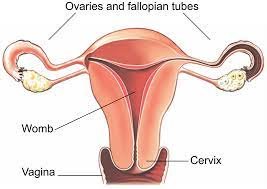Information on this site regarding autoimmune issues shall be considered as holistic, alternative and spiritual advice only. For medical advice and treatment a GP, medical professional and/or Certified Hijama Therapist should be consulted. In all circumstances where lifestyle changes, supplements, or other foods are suggested your GP should be consulted. Client Safety is the number one priority.
Hijama / Cupping Treatment Plan for Autoimmune Issues
Allow 2-4 weeks between sessions – longer if required. Hijama Points shown for each session should ONLY be used to guide the therapist. Body size, cup size, and any other conditions need to considered and appropriate care and attention taken. The number of sessions shown can be increased or reduced depending on the condition of the client.
Complete Treatment Plan
Click here for Session 1Click here for Session 2
Click here for Session 3
Click here for Session 4
Click here for Session 5
Click here for Session 6
Click here for Session 7
Click here for Session 8
Click here for Session 9
Use the standard hijama points as additional or as separate standalone sessions.
Standard Wet Points – 1,55,12,49
Click here for Hijama Points on the back of the bodyIf the client has a complicated history and numerous concerns then it is a good idea to use our online consultation service – click here.
Which body part or function is involved?
Our immune system protects from all sorts of foreign invaders or pathogens. such as bacteria, viruses, parasites, and more. It is spread throughout the body and when healthy can distinguish between foreign tissues and our own cells. It also has the ability to clean up dead or faulty / mutated cells.

There various types of autoimmune compromised issues which can arise these include:
- Hashimato thyroiditis
- Lupus (systemic Lupus erythematosus)
- Rheumatoid arthritis
- MS (multiple sclerosis)
- Asthma
- Celiac Disease
- Eczema & Psorisis
What are the symptoms and effects of Autoimmune Issues on the body?
The immune system when off balance can cause any of the issues above and more. There are a number of known triggers but it normally is never one trigger but rather a basket of factors which pushes the immune system over the edge:
- Stress
- Hormones
- Metals in the environment
- Food
- Antigens
- Pesticides and other poisons
Sometimes a low level response from our immune system does not register and we end up feeling tired or suffer from inflammation – particularly of the joints. Broadly immune system issues can be put into three categories:
Immunodeficiencies
These occur when parts of the immune system do not function and can be linked to age, obesity, and alcoholism. Malnutrition in less developed countries is a common cause. It may also be inherited.
Autoimmunity
Is when the immune system mistakenly targets and attacks healthy cells, along with any foreign pathogens or faulty cells. The immune system will attack these cells even when there are no pathogens. Common examples of autoimmune diseases are type 1 diabetes and rheumatoid arthritis. Autoimmune issues seem to be on the rise and many other ailments may also be related to the immune system.
Hypersensitivity
This generally occurs when the immune system overreacts to a foreign body in such a way that it damages healthy tissue. Examples of this would be an allergy to peanuts or a bee sting. Both relatively harmless but in some individuals an “anaphylactic shock” can occur where the body starts attacking its own organs and possible death. The immune system is spread over the whole body so treatment must systematically address specific areas while also holistically balance out other body functions. White blood cells in particularly are stored within the lymphoid organs and require particular attention.
What changes in diet can help improve symptoms of Autoimmune Issues?
Autoimmune diseases such as rheumatoid arthritis, lupus and thyroid disorders at their core have one thing in common an oversensitive and out of control immune response. Sometimes diet can be part of the problem and any allergies or sensitivities need to systematically be identified. The right diet can ease pain, reduced inflammation and heal autoimmune problems. Diary, gluten, nuts etc.. and typical culprits so in in general to start with avoiding caffeine, alcohol, sugar, grains, dairy and red meat, while focusing on eating more fruits, vegetables, healthy fats and fish. Furthermore tests can be conducted to ascertain any allergies or even sensitives to particular types of food – this can help with reducing any reactions, frequency of flare ups and remaining pain free. Regular consumption of bone broth can also be beneficial for gut health and also contains amino acids (arginine) which support the well being of the body.
Changes in lifestyle
Stress is a common cause of inflammation and can worsen your autoimmune response. Reducing stress through relaxation and changes to your life style can help ease symptoms. Meditation, yoga, massage, exercise and deep breathing are good first steps. Sometimes families and friends can be the source of stress in which case identifying behaviours, situations, and individuals who create stress and creating coping strategies or actually reducing contact can help immensely for your mental and physical well-being.




